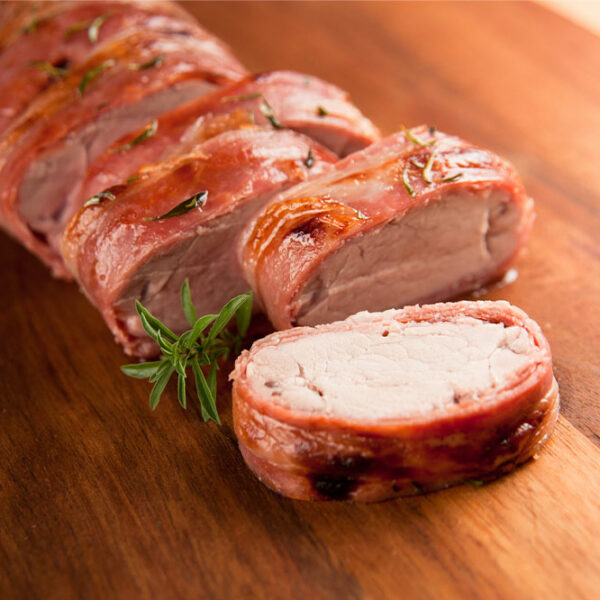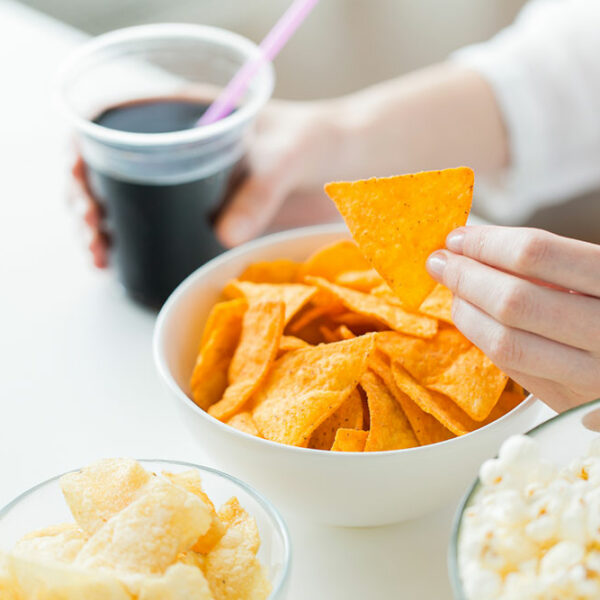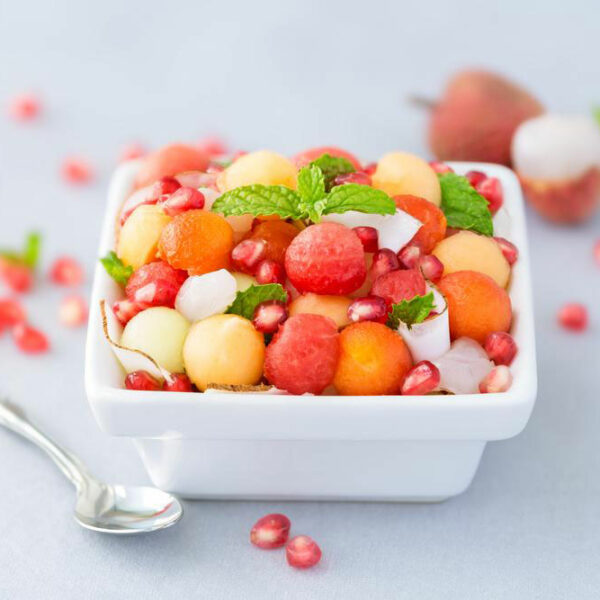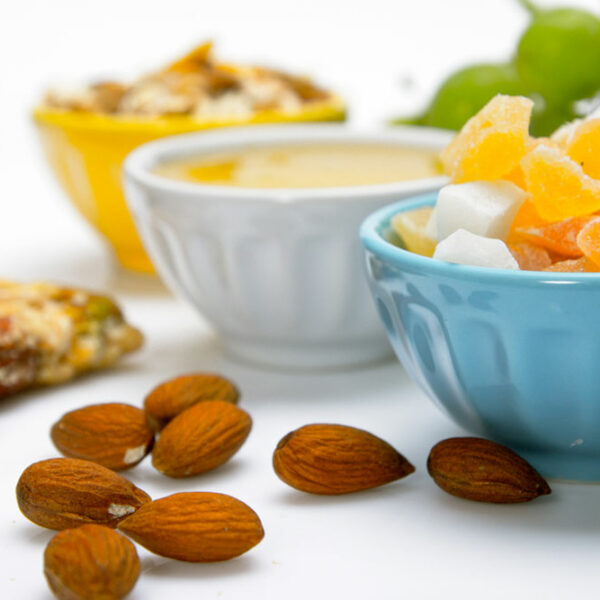
Eczema in Children – Overview, Tests, and Beneficial Foods
Eczema, which is also known as atopic dermatitis, is a chronic condition that affects the skin and makes it itchy and inflamed. This condition is most prevalent among young children and infants. Infants who have eczema usually develop red, itchy patches on their forehead, scalp, and cheeks, while older people often develop these on their hands and feet, wrists, and ankles. Is there a link between eczema and food allergies? Studies suggest that around 35% children, aged below five, suffering from eczema suffer from food allergies as well. These allergic reactions may trigger symptoms such as flare-ups, itching, hives, flushing, wheezing, gastrointestinal problems, vomiting, heartburn, and abdominal pain. This is why it is essential to get young kids with eczema tested for food-related allergies. However, in many cases, children with eczema and food allergies tend to lose their allergy towards products, such as soy, milk, and wheat, after a few years. Once the allergy has completely gone, the child can resume eating these foods, and their symptoms will not worsen. But, before they are allowed to consume such trigger foods, one should check with a doctor for the same. Are certain foods responsible for causing eczema flare-ups? Diet can be considered partly responsible for causing flare-ups in children with eczema.









